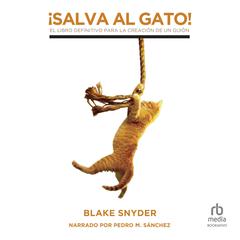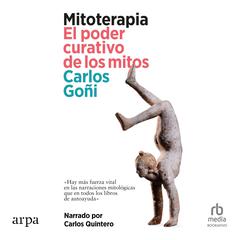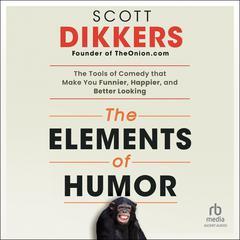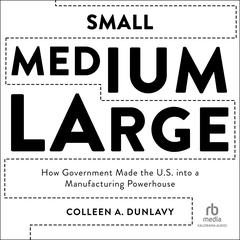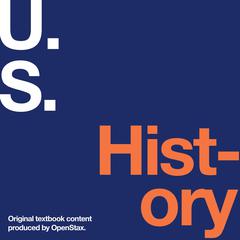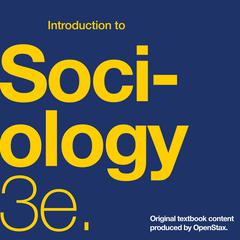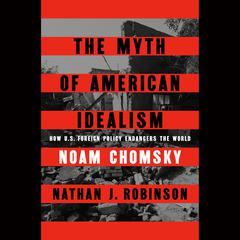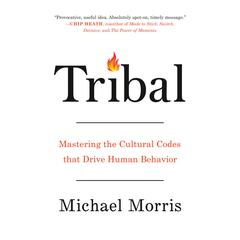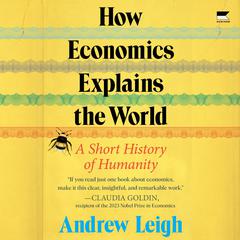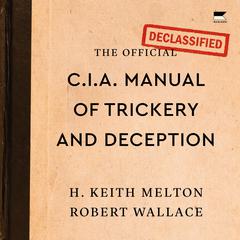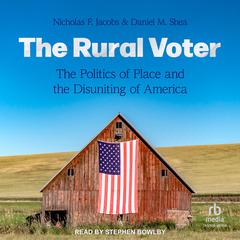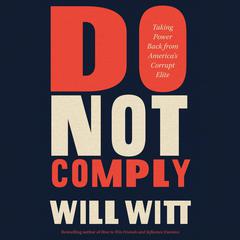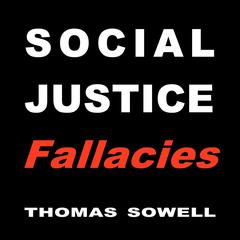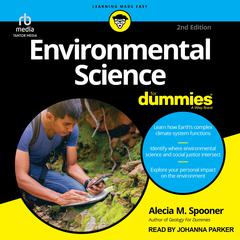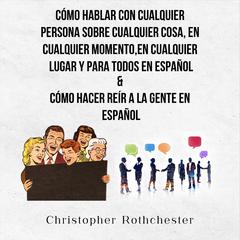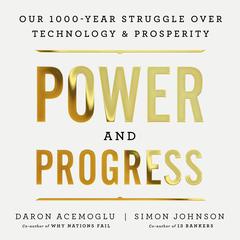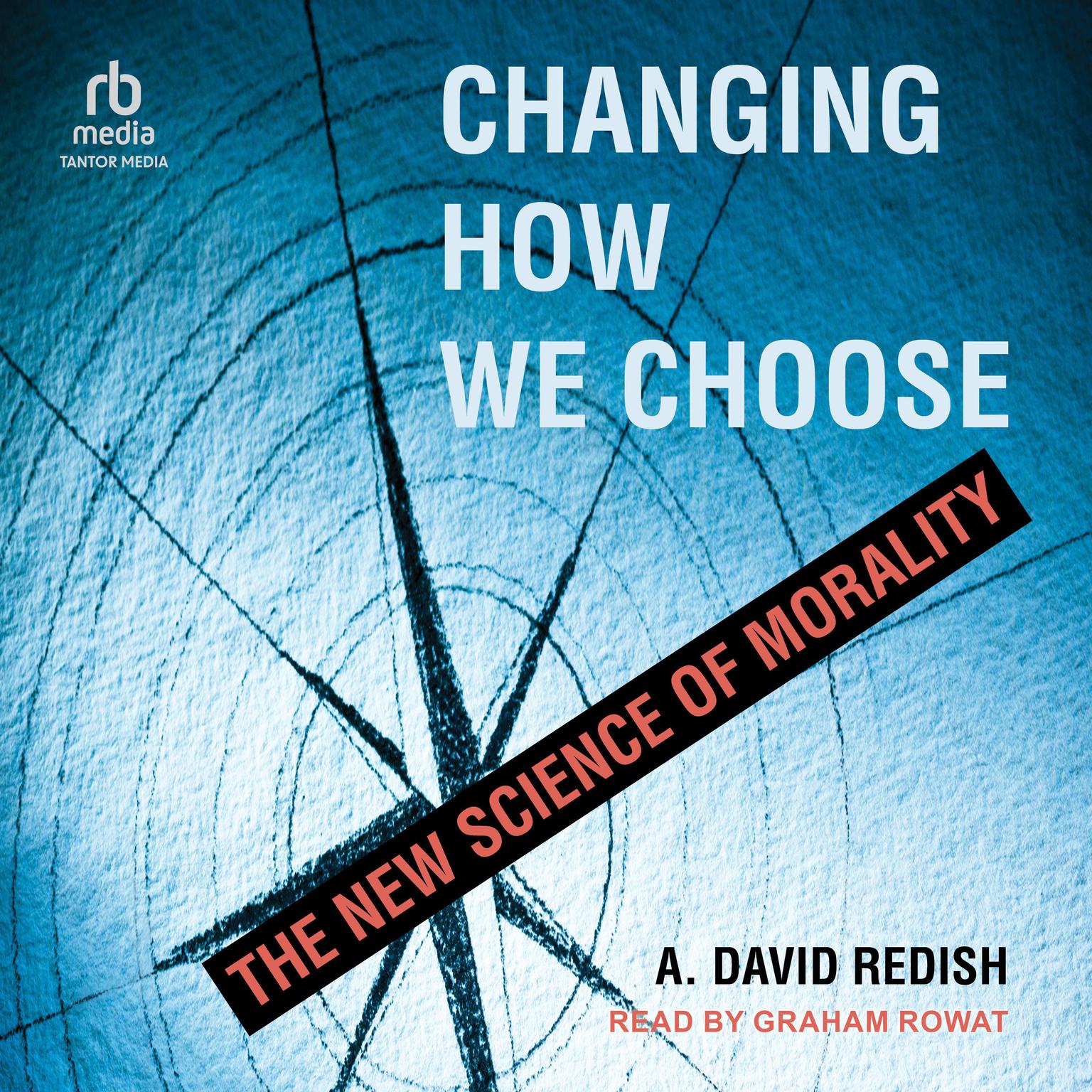 Play Audiobook Sample
Play Audiobook Sample
Changing How We Choose: The New Science of Morality Audiobook
 Play Audiobook Sample
Play Audiobook Sample
Quick Stats About this Audiobook
Total Audiobook Chapters:
Longest Chapter Length:
Shortest Chapter Length:
Average Chapter Length:
Audiobooks by this Author:
Publisher Description
In Changing How We Choose, David Redish makes a bold claim: science has "cracked" the problem of morality. Redish argues that moral questions have a scientific basis, and that morality is best viewed as a technology—a set of social and institutional forces that create communities and drive cooperation. This means that some moral structures are better than others and that the moral technologies we use have real consequences on whether we make our societies better or worse places for the people living within them. Drawing on this new scientific definition of morality and real-world applications, Changing How We Choose is an engaging listen with major implications for how we see each other, how we build our communities, and how we live our lives.
Many people think of human interactions in terms of conflicts between individual freedom and group cooperation, where it is better for the group if everyone cooperates but better for the individual to cheat. Redish shows that moral codes are technologies that change the game so that cooperating is good for the community and for the individual. Drawing on new insights from behavioral economics, sociology, and neuroscience, he shows that there is a "new science of morality", and that this new science has implications—not only for how we understand ourselves but also for how we should construct new moral technologies.
Download and start listening now!
Changing How We Choose Listener Reviews
Be the first to write a review about this audiobook!
About Graham Rowat
Graham Rowat, an Earphones Award-winning narrator, is a television and theater actor who is best known for his stage performance in Dracula, Beauty and the Beast, and Mamma Mia.




